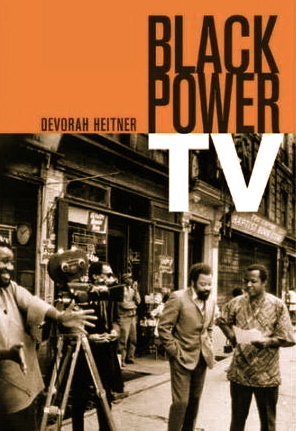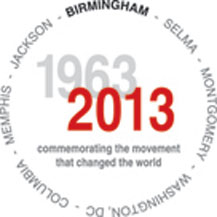Black Power on TV

Black Power on TV: How “Soul Train” Host Don Cornelius (1936-2012) Reshaped Independent Black Media
 Whitney Houston is just the latest cultural icon to pass away during this year’s Black History Month. On February 1, “Soul Train” host Don Cornelius was found dead at his home in Los Angeles, in what appeared to be a suicide. Cornelius brought black music and culture into America’s living rooms through his dance show, “Soul Train,” one of the longest-running syndicated shows in television history, and played a critical role in spreading the music of black America to the world. “Don Cornelius was very clear: this was going to be his vision. It was going to celebrate the diversity of blackness. It was going to celebrate the vitality of blackness. And it was going to be available to folks in the mainstream,” says Duke University Professor Mark Anthony Neal, who also reflects on the recent deaths of Whitney Houston and the Grammy Award-winning R&B singer, Etta James. [includes rush transcript]
Whitney Houston is just the latest cultural icon to pass away during this year’s Black History Month. On February 1, “Soul Train” host Don Cornelius was found dead at his home in Los Angeles, in what appeared to be a suicide. Cornelius brought black music and culture into America’s living rooms through his dance show, “Soul Train,” one of the longest-running syndicated shows in television history, and played a critical role in spreading the music of black America to the world. “Don Cornelius was very clear: this was going to be his vision. It was going to celebrate the diversity of blackness. It was going to celebrate the vitality of blackness. And it was going to be available to folks in the mainstream,” says Duke University Professor Mark Anthony Neal, who also reflects on the recent deaths of Whitney Houston and the Grammy Award-winning R&B singer, Etta James. [includes rush transcript]
TRANSCRIPT
This is a rush transcript. Copy may not be in its final form.
AMY GOODMAN: I wanted to turn now to Don Cornelius. In 1974, he spoke to legendary African-American singer and songwriter James Brown on Soul Train about the violence in black communities in the United States. Al Sharpton, then only 19 years old, also presented an award to Brown for giving a voice to young black Americans. Talk about just who Don Cornelius was.
MARK ANTHONY NEAL: Don Cornelius is a Chicago guy. You know, he was a beat police officer, walked the streets. He worked in newspapers in Chicago. And of course, he got his start in radio at WVON, “The Voice of the Negro.” And, you know, he understood the power of black music. In some ways, you know, there’s no Soul Train without the success of labels like Motown and Stax in the 1960’s, you know, which showed everybody there was an interest and a desire to consume black musical culture, you know, from the mainstream, white America, in particular. You know, Berry Gordy was always clear: you know, Motown was “the sound of young America,” not just black America.
But Don Cornelius understood a couple of things: one, the idea of visualizing the power of that culture, and also trying to find a space for black youth culture to be able to articulate itself. So, in the early days of Soul Train, I mean, the genius of the show was that it had very much a local feel. So, to highlight the dances of what black kids were doing in places like Philadelphia or Detroit and Chicago, black culture was still very much regional in the late 1960s and the early 1970s when Don Cornelius begins Soul Train. And one of his great successes is that, by the 1980’s, when we see the rise of someone like Whitney Houston or Michael Jackson, there is a national black culture, right? No one thought of them as regional artists, right? They were national artists, and, of course, you know, international artists within that same context.
What was also important about Soul Train was that Don Cornelius understood the power of black independent media. He did it himself, you know, had his little bit of money and put together, got support, to be able to do what he wanted to do. Soul Train was always his vision, always his editorial content—the idea of a scramble board, which was his little way to nudge folks to think, right, to be thinking folks, in the context of also celebrating African-American styles and clothing, etc.
AMY GOODMAN: I want to go to that clip that features, on Soul Train, James Brown and a 19-year-old Al Sharpton.
http://www.democracynow.org/2012/2/13/black_power_on_tv_how_soul

